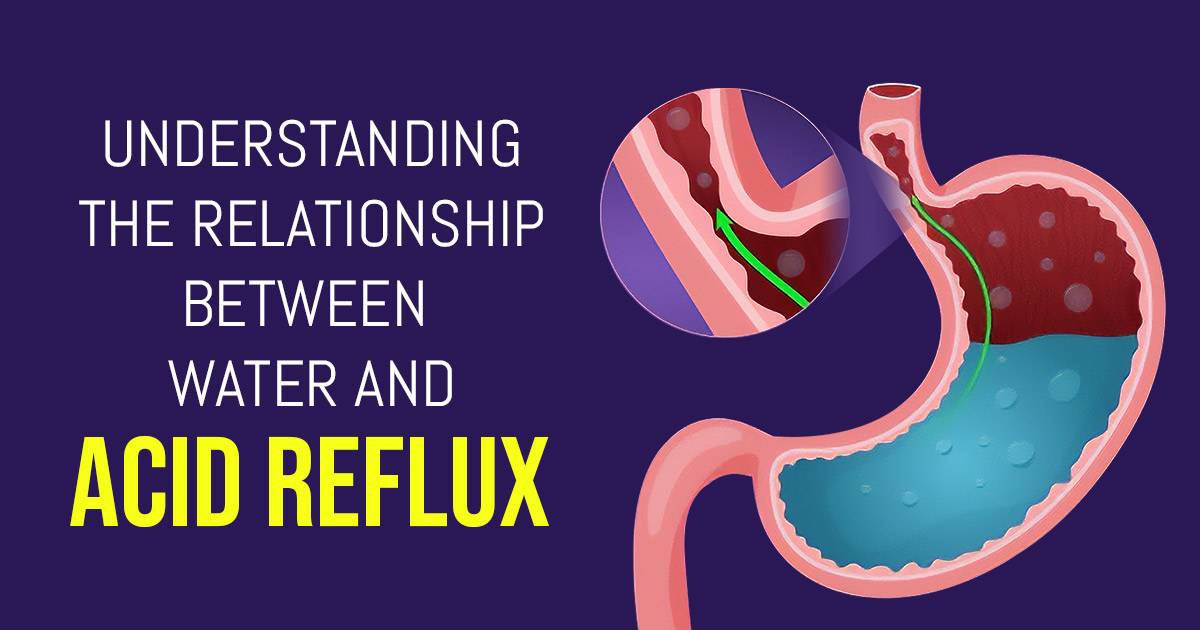Understanding Water Brash & How Water Impacts Your Acid Reflux

Have you ever asked yourself, “Why do I get acid reflux when I drink water?” Many people wonder about this because water usually helps. But there are also instances where they can be harmful, like in this case where water brash is happening.
How is acid reflux acquired?
Heartburn, or acid reflux, happens when stomach acid goes up into the food pipe. This can happen when a muscle called the lower esophageal sphincter (LES) doesn’t close properly or when the stomach makes too much acid.
Lots of things can make the LES weak or relax, allowing stomach acid to go up:
- Foods and Drinks: Some foods and drinks, like spicy foods, citrus fruits, coffee, and alcohol, can irritate the food pipe and make the LES weak, causing acid reflux.
- Obesity: Having too much weight, especially around the belly, can push on the stomach and LES, making acid reflux more likely.
- Hiatal hernia: This happens when part of the stomach moves up into the diaphragm, making acid reflux more likely.
- Pregnancy: When someone is pregnant, changes in hormones and the growing baby can press on the stomach, leading to acid reflux.
- Smoking: Smoking weakens the LES and the muscles in the food pipe, which can lead to acid reflux.
How does it become GERD?
Sometimes, having acid reflux now and then isn’t a big deal, but if it happens a lot, it might turn into something more serious called GERD. GERD is when acid reflux happens often, causing problems and discomfort.
When the food pipe is exposed to stomach acid a lot, it can get irritated and damaged over time, causing issues like:
- Esophagitis: The food pipe gets swollen and sore, making it hurt to swallow and sometimes even bleed.
- Stricture: The food pipe can become narrow, making it hard for food to go down.
- Barrett’s Esophagus: Rarely, acid reflux can change the cells in the food pipe, increasing the risk of esophageal cancer.
- Respiratory Problems: Acid reflux can lead to coughing, wheezing, or a hoarse voice if stomach acid reaches the throat and airways.
Doctors diagnose GERD based on how often and how bad the symptoms are. It usually needs long-term care, like changing habits, taking medicine, or sometimes having surgery, to feel better and prevent complications.
What’s the relationship between water and acid reflux?
Water is often praised for being good for you, but when it comes to acid reflux, it’s not that simple. Let’s break it down:
On one side, drinking water can help ease acid reflux a bit by making stomach acid less strong. Having water between meals, in moderate amounts, can soothe the throat and reduce acid. Plus, keeping hydrated is good for your stomach and might make acid reflux less common.
However, how and when you drink water matters a lot. Drinking a lot of water at once or drinking it too fast can stretch your stomach. This can put pressure on a special valve called the lower esophageal sphincter (LES), which stops acid from going back up. When the LES is stressed, it might not work well, letting acid into the food pipe and causing heartburn.
Also, what you eat with water is important. If you have water along with spicy or fatty foods, it might make acid reflux worse. Mixing water with these foods can make your stomach fuller, which can push acid up and make you uncomfortable.
To help prevent this, it’s good to sip water slowly throughout the day instead of drinking a lot at once. And try not to drink water right before or after meals, especially if you’ve had spicy or acidic foods. That way, you can lower the chances of feeling uncomfortable from acid reflux.
What can you do about this?
Managing GERD and water intake involves making smart choices about what you eat and drink, as well as how you live your life. Eating smaller meals more often instead of big ones can help stop your stomach from getting too full and prevent acid from coming back up. It’s also important to steer clear of foods that can make your symptoms worse, like spicy or fatty foods.
Healthy habits play a big role too. Quitting smoking, cutting back on alcohol, and keeping a healthy weight can all help ease GERD symptoms. It’s a good idea to avoid lying down right after you eat and to wait a bit before doing any intense exercise.
Can this be prevented?
You might not be able to get rid of water brash or acid reflux entirely, but you can do things to make them happen less often and be less severe. Taking a well-rounded approach to managing GERD, including changing what you eat, how you live, and how you drink water, can help. Being consistent and sticking to these changes over time is important for keeping symptoms under control in the long run.
Water is not always good for acid reflux
Water is really important for staying hydrated and healthy. However, it can sometimes make acid reflux worse, causing water rash and heartburn. If you understand how water and acid reflux are connected, it will help you make smart choices when drinking water.
Finding a good balance in how much water you drink and making changes to your lifestyle can help ease water brash and stay hydrated.
